
Business Responsibility and Sustainability Reporting (BRSR)
We make your BRSR reporting journey easier at Oren by providing an end-to-end ESG reporting solution where your data is ready for assurance from day one. In addition to the platform, our experts will ensure your Business Responsibility and Sustainability Report is assurance-ready from day one and fully aligned with SEBI requirements.
You won’t have to rush at the last minute, and you’ll get an audit-ready report. We make the BRSR report creation process easy, stress-free, and strategic using structured workflows aligned with BRSR standards, so you can focus on driving long-term BRSR sustainability outcomes instead of filling out forms..





.png)


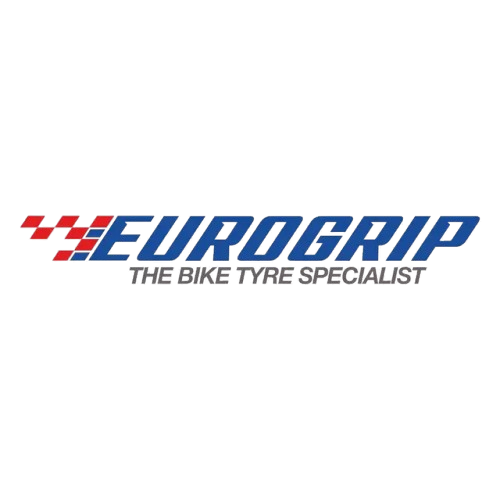
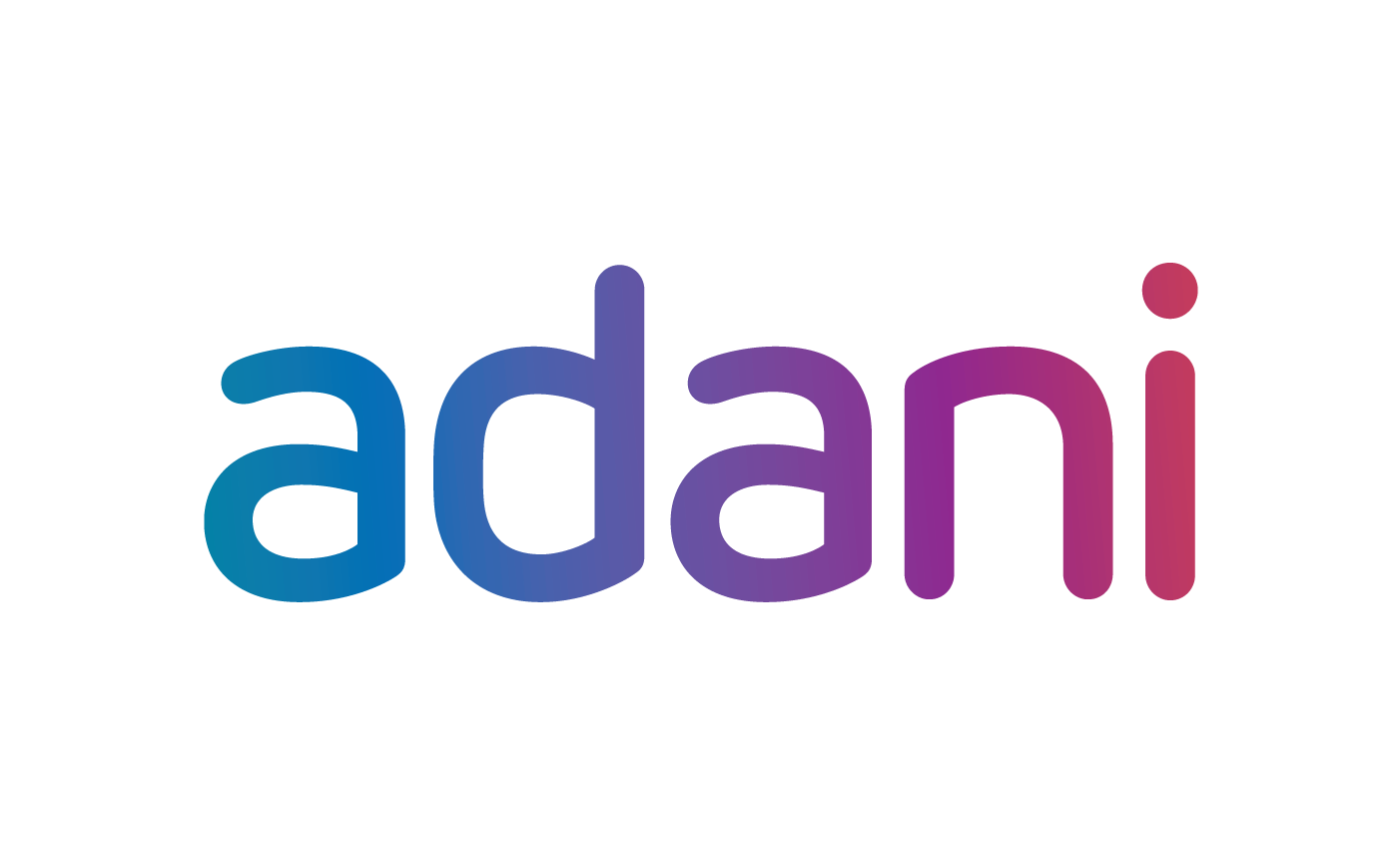




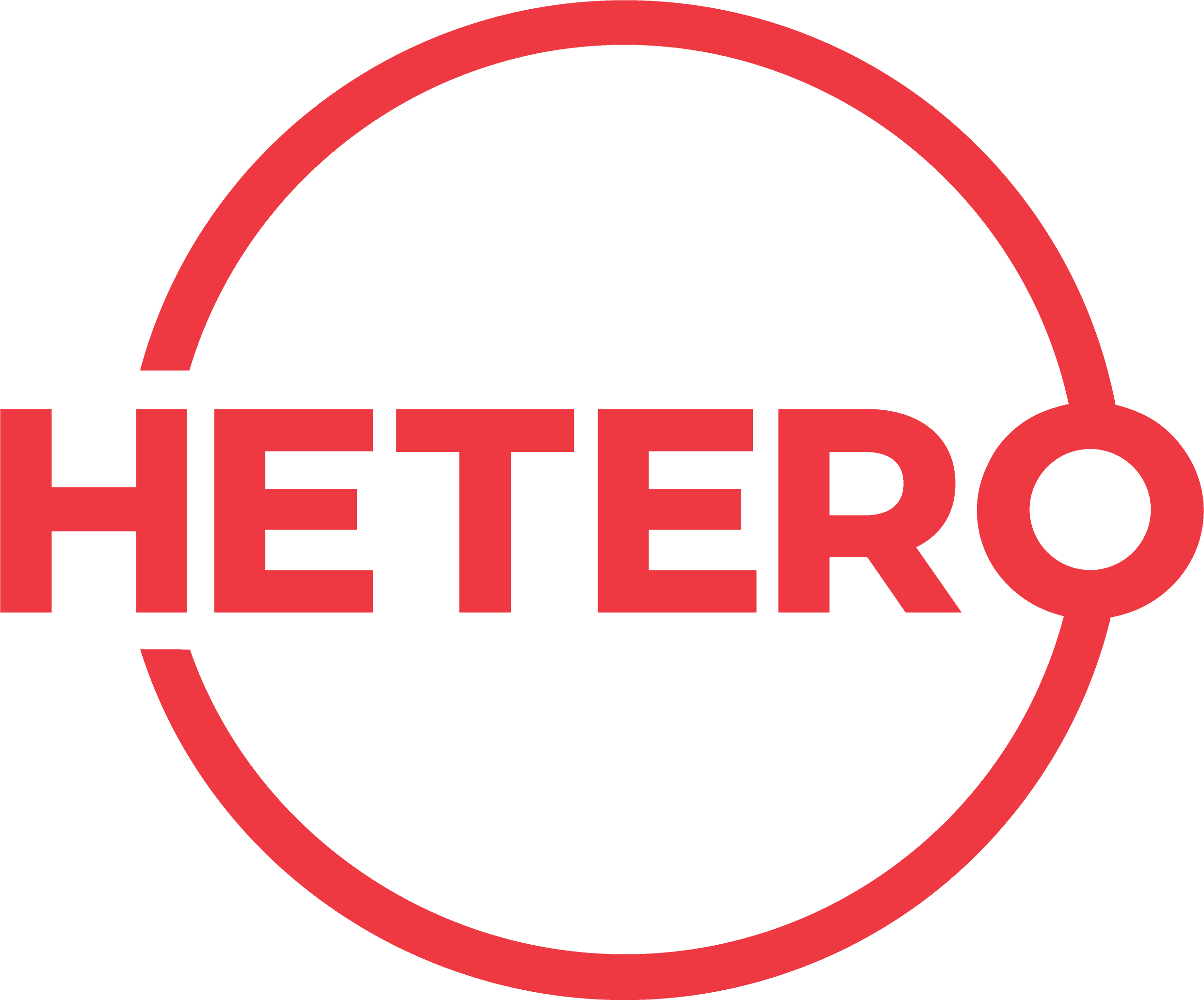





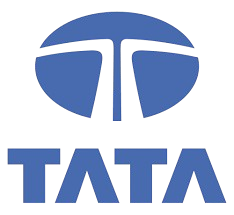

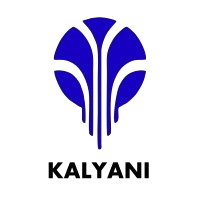







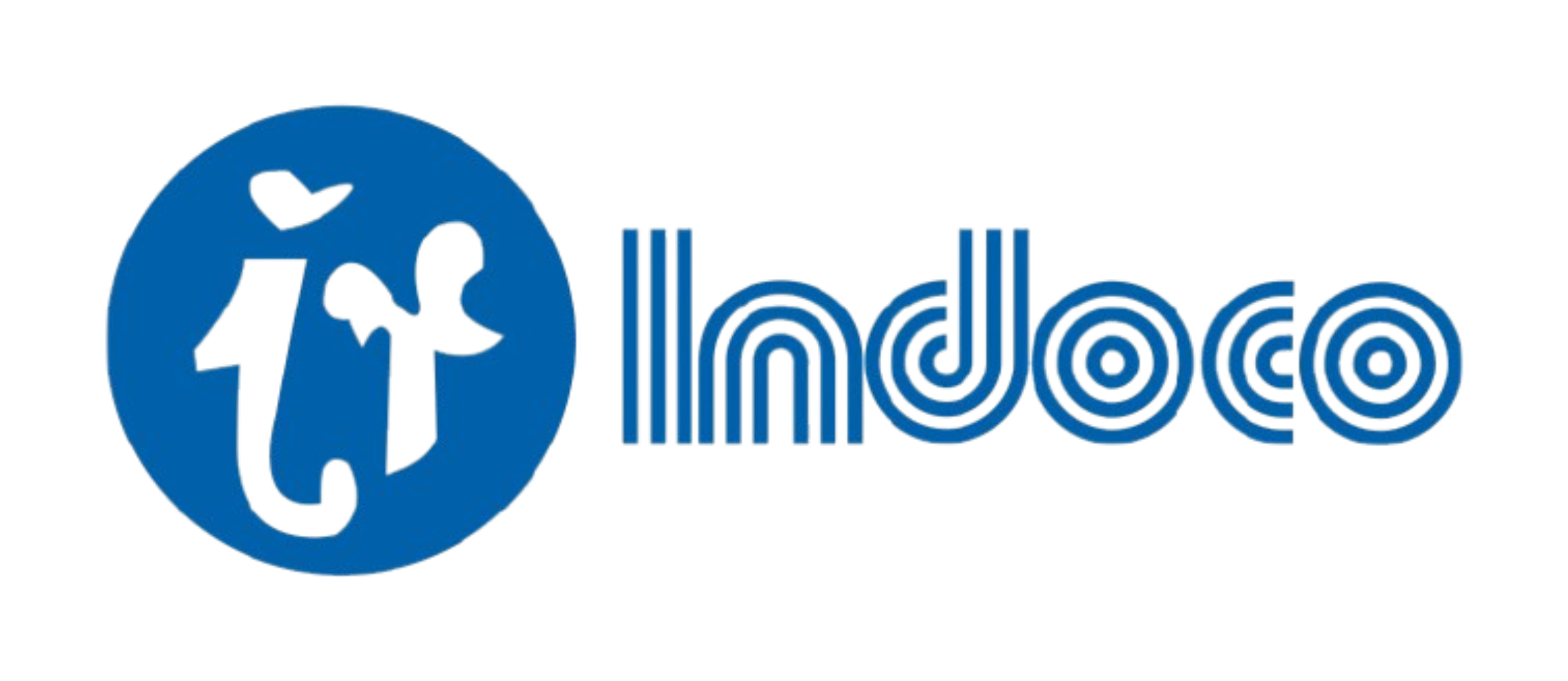
Why Choose Oren? See the Results.
What is Business Responsibility and Sustainability Reporting (BRSR) and Why is it Important?
BRSR is a comprehensive framework introduced by the Securities and Exchange Board of India (SEBI) for listed Indian companies. It requires businesses to disclose their performance on environmental, social, & governance (ESG) factors and prepare a structured Business Responsibility and Sustainability Report aligned with prescribed BRSR standards. The BRSR, which more closely aligns with global sustainability reporting standards, replaces the earlier Business Responsibility Report (BRR).
The objective of BRSR is to encourage companies to move beyond a solely financially focused mindset and consider their impact on people and the planet. By providing quantifiable metrics on things like energy consumption, water usage, employee well-being, and ethical conduct, the BRSR helps investors and other stakeholders make more informed decisions.
For businesses, BRSR reporting is important because it builds stakeholder trust, improves risk management, and can lead to a competitive advantage. It helps companies identify areas for improvement in their BRSR sustainability practices, attract conscious investors, and meet the growing demand from consumers and employees for corporate responsibility.
Eligibility for Business Responsibility and Sustainability Reporting (BRSR)
BRSR is mandatory for the top 1,000 listed companies in India, ranked by market capitalisation. This requirement is a significant step by the SEBI to increase corporate transparency and accountability based on ESG parameters.
While mandatory for these top companies, other listed and non-listed companies, including those on the Small and Medium Enterprises (SME) exchange, are encouraged to adopt BRSR on a voluntary basis. This promotes wider adoption of responsible business practices across the corporate sector.
Understanding Business Responsibility and Sustainability Reporting (BRSR) Framework
| Framework Element | Description |
|---|---|
| NGRBC Alignment | Performance metrics based on the 9 BRSR principles outlined under the National Guidelines on Responsible Business Conduct (NGRBC). |
| Section A : General Disclosures | Covers organisational profile, financials, operations, and regulatory information. |
| Section B : Process and Management Disclosures | Addresses the company’s governance structure, policies, stakeholder engagement, and sustainability integration into business strategy. |
| Section C : Principle Wise Performance | Requires companies to report KPIs related to the 9 NGRBC principles under Essential and Leadership indicators. |
| Essential Indicators | Mandatory metrics showcasing minimum disclosures related to each principle. |
| Leadership Indicators | Voluntary metrics that highlight best practices and advanced ESG maturity. |
Primary Disclosure Areas in BRSR
1. Three Main Disclosure Areas in BRSR
• Company overview: operations, locations, and employee count
• Financial details: turnover, net worth, and market cap
• Ownership and corporate structure
• Products/services offered and markets served
2. Management and Process Disclosures
• Governance mechanisms for ESG oversight
• Policy disclosures related to ethics, environment, and stakeholder rights
• Engagement with stakeholders on ESG topics
• Risk identification and management processes
3. Principle-wise Performance Disclosures
• Quantitative and qualitative indicators under each of the 9 NGRBC principles
• Split into Essential Indicators (mandatory) and Leadership Indicators (voluntary)
• Focus on ESG impacts, mitigation actions, outcomes, and value chain practices
Nine Core Disclosure Categories (Aligned with NGRBC Principles)
1. Ethical Governance – integrity, transparency, accountability
2. Product Lifecycle Sustainability – safety, sustainability, responsibility
3. Employee Wellbeing – equity, development, support
4. Stakeholder Engagement – dialogue, responsiveness, communication
5. Human Rights – respect, promotion, protection
6. Environmental Stewardship – reduction, sustainability, conservation
7. Policy Advocacy – transparency, responsibility, engagement
8. Inclusive Growth – community, economy, development
9. Customer Value – marketing, pricing, service
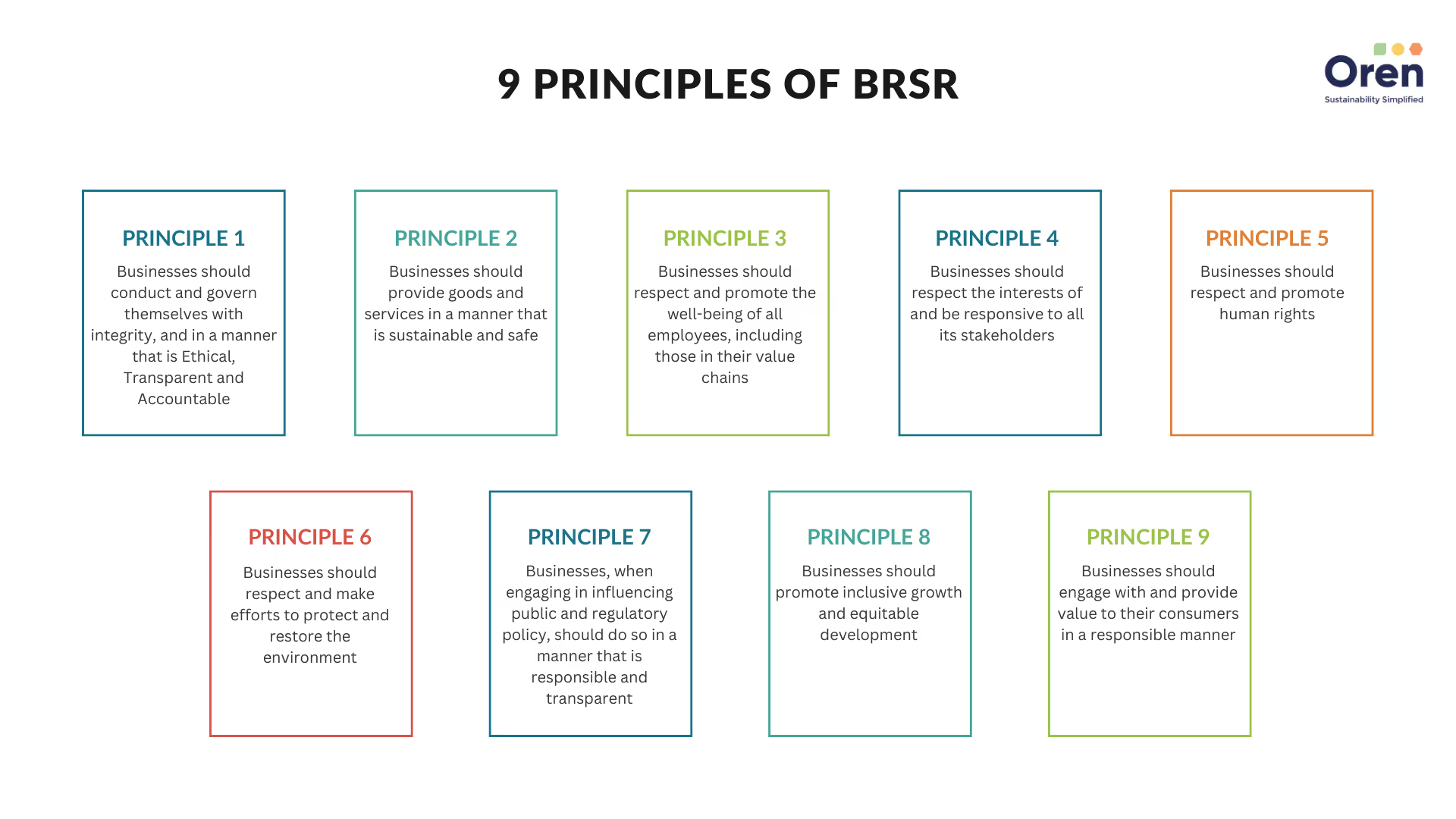
BRSR as a Pathway to ESG Integration
1. Materiality Mapping
Identify the key ESG factors that are most critical to your industry and business. This ensures reporting is focused on what truly matters to the company's value.
2. Stakeholder Prioritisation
Engage with key stakeholders (employees, customers, investors) to understand and incorporate their concerns and expectations. This aligns the company's ESG strategy with the needs of those it impacts.
3. Digital Audit Trail
Maintain a transparent and verifiable digital record of all ESG-related data and metrics. This ensures data accuracy, supports third-party assurance, and builds trust with investors and regulators.

Comprehensive BRSR Reporting for Strategic Sustainability
Oren's AI-driven BRSR platform, Oren Sustainability Hub, combined with expert-led BRSR services, transforms regulatory reporting into a strategic sustainability advantage. We begin with a customised approach for every business, regardless of its size. First, we help you with materiality mapping to identify the most critical ESG factors for your industry and operations. This is followed by stakeholder prioritisation, in which we engage with key stakeholders to understand their concerns and expectations.
This deep dive allows us to build a comprehensive sustainability strategy that goes beyond basic reporting. By maintaining a digital audit trail, our platform ensures that all your data is transparent and verifiable, making your reports assurance-ready for third-party verification. The result is a robust BRSR report that not only meets SEBI's standards but also serves as a clear roadmap for optimising your sustainability efforts and maximising your long-term impact.
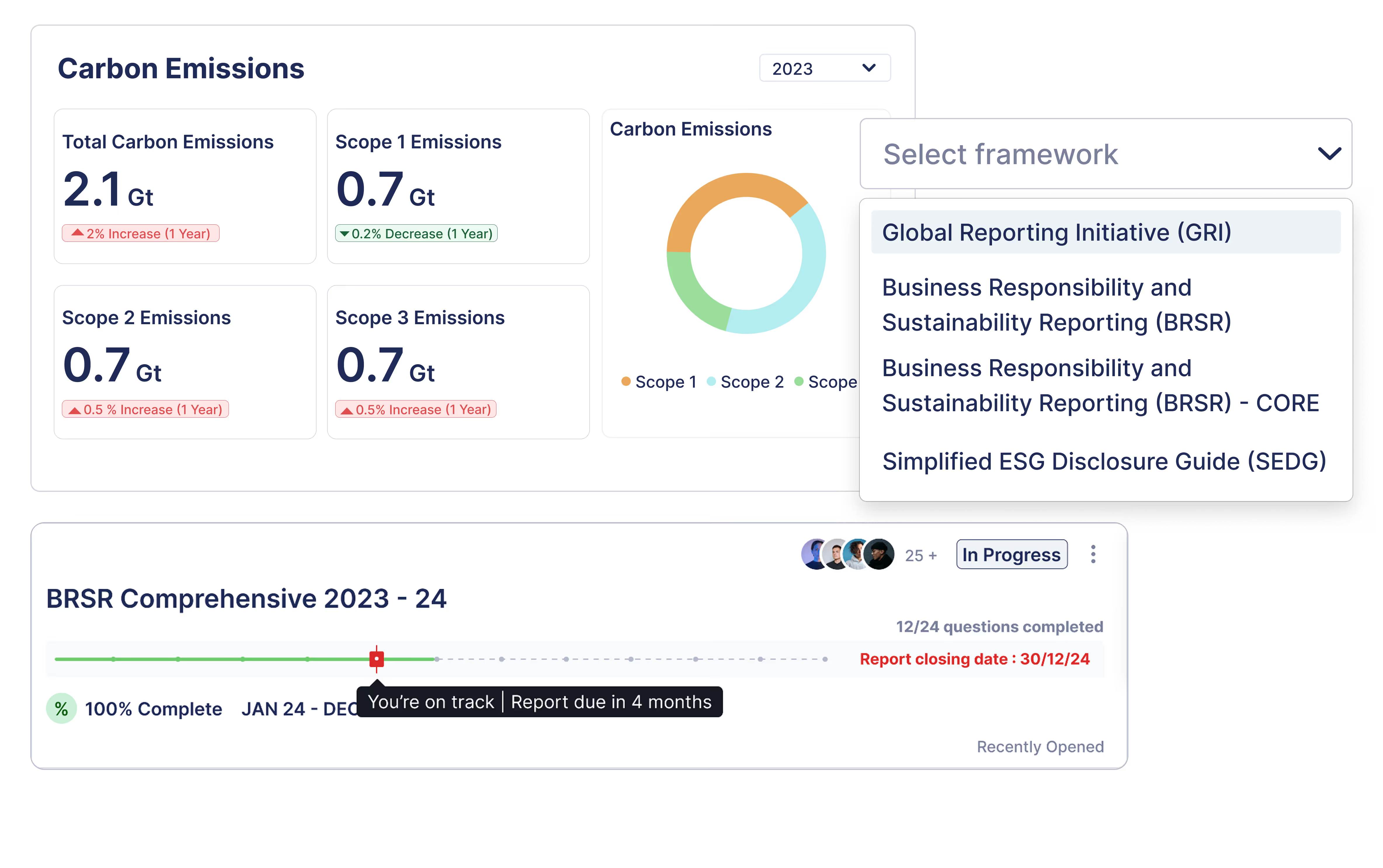
Consequences of Non-Compliance with BRSR Mandates
Failure to comply with SEBI’s BRSR requirements can expose companies to a range of legal, financial, and reputational risks. These include:
1. Regulatory Penalties
Non-compliance with BRSR mandates may lead to penalties, fines, or enforcement actions by SEBI under the Securities Contracts (Regulation) Act.
2. Stock Exchange Disclosures
Exchanges may flag non-compliant companies, affecting investor sentiment and impacting stock performance.
3. Investor Distrust
Lack of ESG transparency can result in reduced interest from institutional investors and ESG-focused funds, leading to limited access to sustainable capital.
4. Reputational Damage
Public scrutiny and media attention on poor ESG disclosure can harm brand image and customer trust.
5. Operational Setbacks
Delays in reporting may reflect poor governance structures, leading to internal inefficiencies and misalignment with corporate goals.
6. Supply Chain Risks
Non-compliance may affect vendor credibility and reduce opportunities with global clients requiring ESG disclosures across the value chain.
7. Future Regulatory Pressure
Delayed adoption now can make it harder to meet more stringent future ESG regulations and assurance requirements.
Automated, Efficient, and Impactful BRSR Reporting
Oren Sustainability Hub transforms the complex task of BRSR reporting into an automated, efficient, and impactful process. With our SaaS solution, companies can move seamlessly from data collection to final report publishing, confidently meeting SEBI's stringent ESG standards. Our tools emphasise a data-driven approach, using automated workflows and AI features to ensure accuracy and save valuable time. You can collect and organise crucial sustainability data with ease, eliminating manual labour and reducing the risk of errors.
Once the data is in, our platform provides real-time data visualisation, turning complex BRSR information into interactive dashboards and charts. This allows for clear, engaging, and transparent communication with all stakeholders. By automating the entire reporting lifecycle, our platform helps you maximise the impact of your sustainability initiatives and provides a clear path towards demonstrating your commitment to responsible business practices.
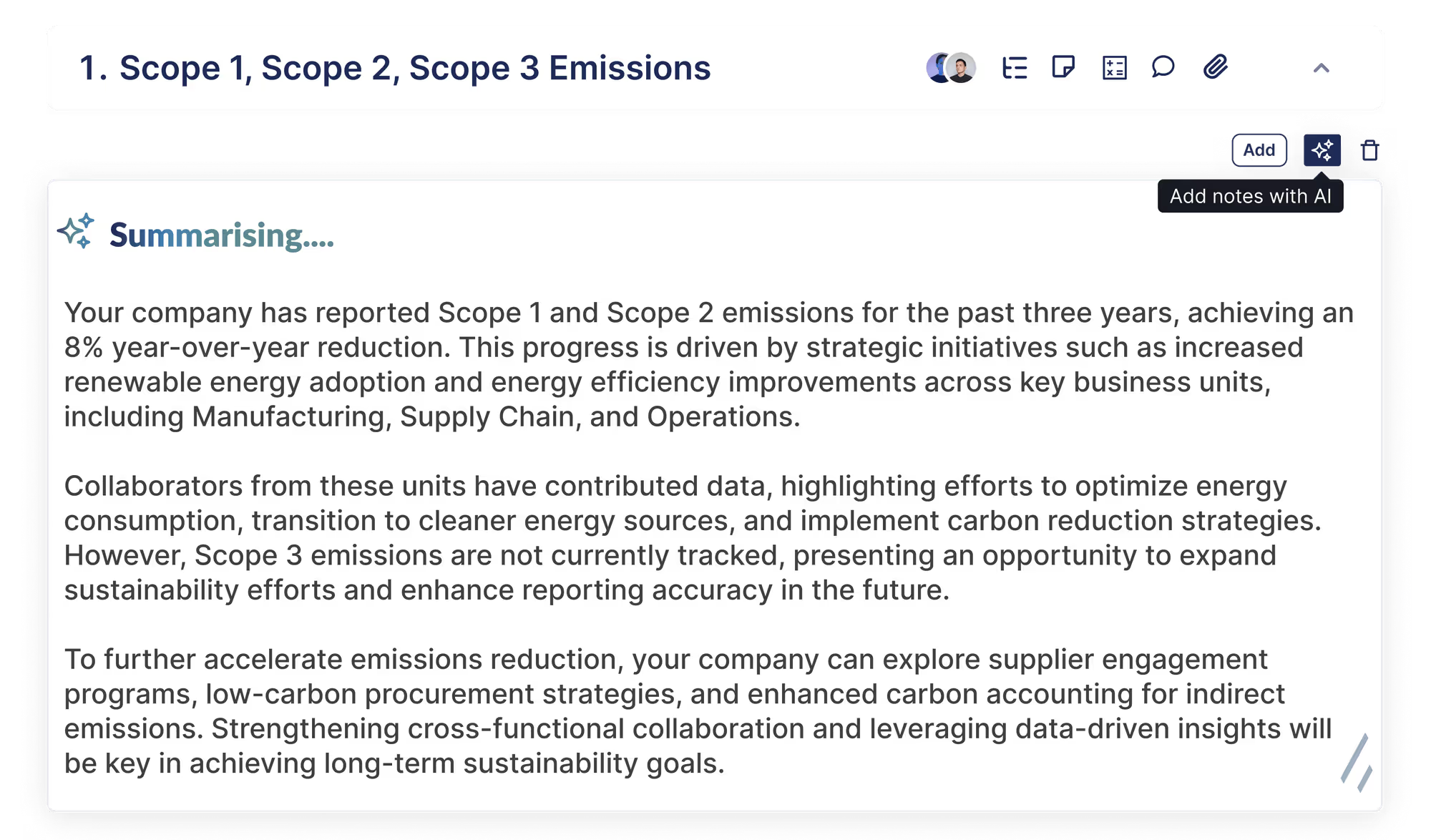
Measuring and Demonstrating Alignment with BRSR Principles
Our service helps companies quantify and track their adherence to each BRSR principle by providing a structured framework for data collection and analysis. We utilise specific metrics and benchmarks, such as GHG emissions per unit of revenue for Principle 6 (Environment) or the percentage of employees trained on human rights for Principle 5.
The platform allows businesses to input data, which is then automatically tracked and compared against industry benchmarks and past performance. This approach provides a clear, measurable picture of a company's progress toward its sustainability goals. By transforming qualitative principles into quantifiable indicators, our service ensures that businesses can demonstrate their commitment to responsible practices with verifiable data.
How Oren Sustainability Hub helps?
Pre-Configured BRSR Framework
Leverage our pre-configured BRSR framework, fully aligned with SEBI mandates. Our streamlined process ensures an efficient reporting experience, making your disclosures precise and compliant from day one.
AI-Powered Data
Mapping
Leverage AI to automate complex data collection. By reducing manual effort, enhancing accuracy, and precisely identifying your material topics, you can focus your efforts where they matter most.
Adopt Best
Practices
Benchmark your ESG performance against industry leaders. We help you address information gaps and enhance the overall quality and credibility of your BRSR report, going beyond minimum compliance.
Generate SEBI-Compliant Outputs
Instantly generate a complete BRSR report in the format prescribed by SEBI. Our platform accurately addresses all questions, resulting in a clear, transparent, and audit-ready report.
Go Beyond Reporting.
Start Driving Real Impact.
Frequently Asked Questions
Is BRSR reporting mandatory for all companies in India?
No, BRSR reporting is not mandatory for all companies. It is currently a mandatory requirement for the top 1,000 listed companies in India, based on market capitalisation. Other listed companies, including those on the SME exchange, are encouraged to adopt the framework and file reports on a voluntary basis.
How is BRSR different from traditional CSR reporting?
BRSR is a significant evolution from traditional Corporate Social Responsibility (CSR) reporting. While CSR often focuses on financial expenditure on community projects, BRSR is a comprehensive ESG (Environmental, Social, and Governance) framework. It requires companies to disclose detailed, quantifiable metrics on their environmental impact, social practices, and governance, making the reporting more standardised and transparent.
What are the key benefits of filing a BRSR report?
Filing a BRSR report offers several key benefits. It enhances a company's reputation and builds stakeholder trust by demonstrating a commitment to ethical and sustainable practices. It also improves risk management by identifying and addressing ESG-related risks. Finally, it provides a competitive advantage, attracting conscious investors and meeting the growing demand for corporate responsibility.
How can I check if my company needs to file BRSR?
To determine if your company needs to file a BRSR report, you must check its market capitalisation ranking. The mandate applies to the top 1,000 listed companies in India, based on their market capitalisation as of March 31st of the financial year. If your company falls within this list on any stock exchange (BSE or NSE), it is required to file the report.
What’s the best way to prepare for BRSR reporting?
The best way to prepare for BRSR reporting is to start with a structured approach. This involves conducting a materiality assessment to identify relevant ESG factors, establishing clear data collection processes, and engaging with stakeholders. It is crucial to set up systems to track both essential (mandatory) and leadership (voluntary) indicators to ensure your report is accurate and comprehensive.
Can smaller companies or those outside the top 1,000 also adopt BRSR voluntarily?
Yes, smaller companies and those not on the top 1,000 list are highly encouraged to adopt BRSR voluntarily. By doing so, they can get ahead of potential future mandates and position themselves as leaders in sustainability. This proactive approach helps build stakeholder trust, improves brand reputation, and can unlock new business opportunities with larger, ESG-compliant partners.
Testimonials

Watch the Video Testimonial

Atul Khanapurkar
Executive Director, Shriram Pistons & Rings

Watch the Video Testimonial

Vidhi Thukral
Senior Manager, Max Financial Services


Shalaka Ovalekar
Company Secretary and VP-Legal, ADF Foods
.png)
.jpg)
Gandupalli Santosh Kumar
Deputy Manager - ESG/Sustainability, Metrochem API Pvt. Ltd
Sustainability Simplified
Wherever you are in your sustainability journey, we help you advance with confidence.
Schedule a Call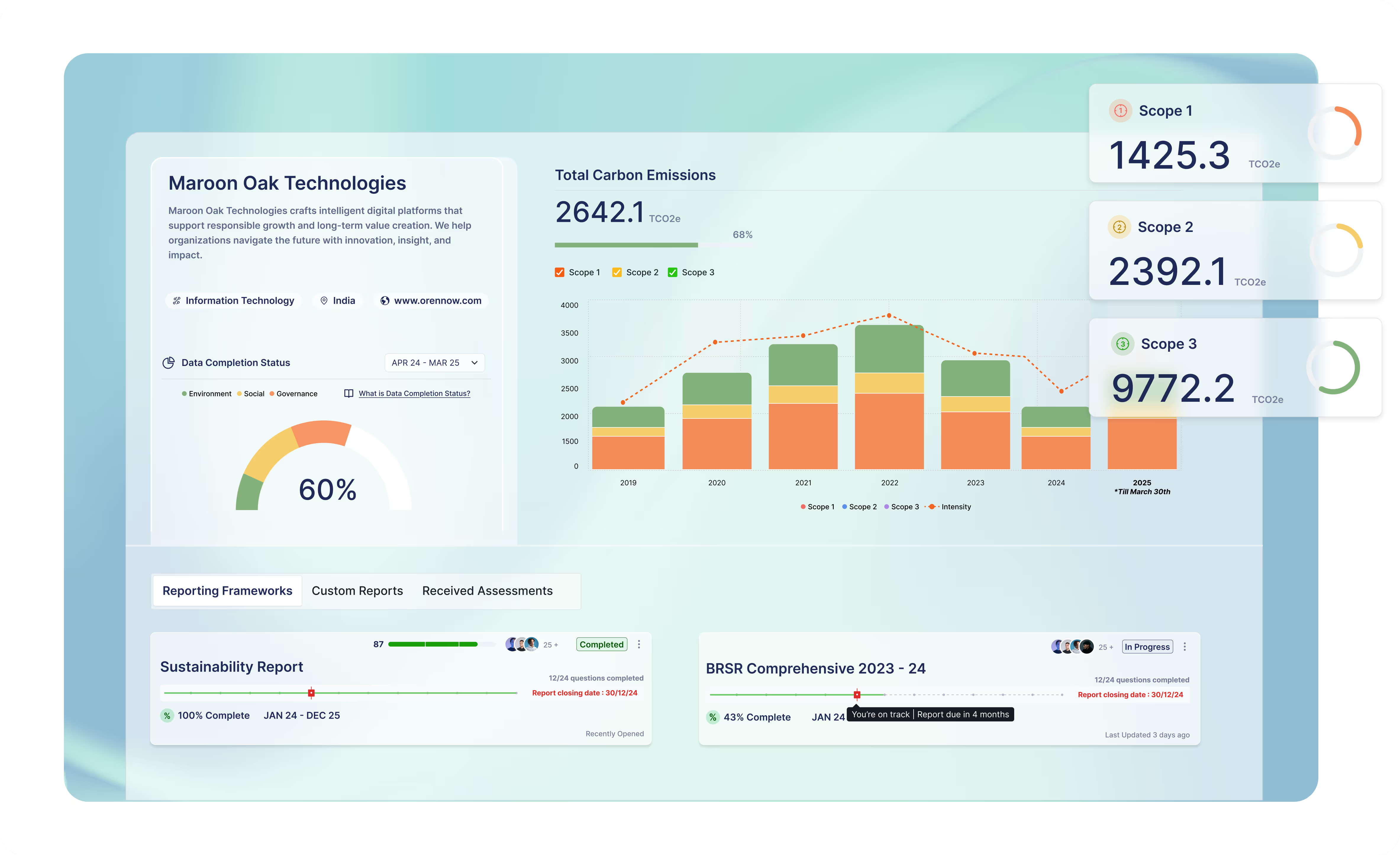


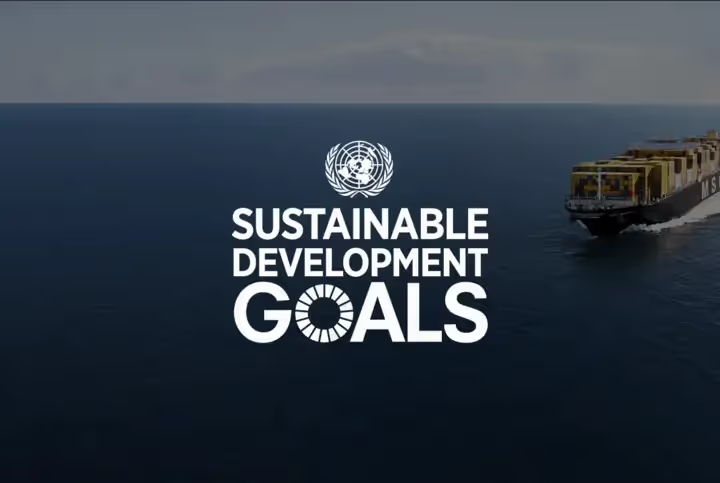
.avif)

